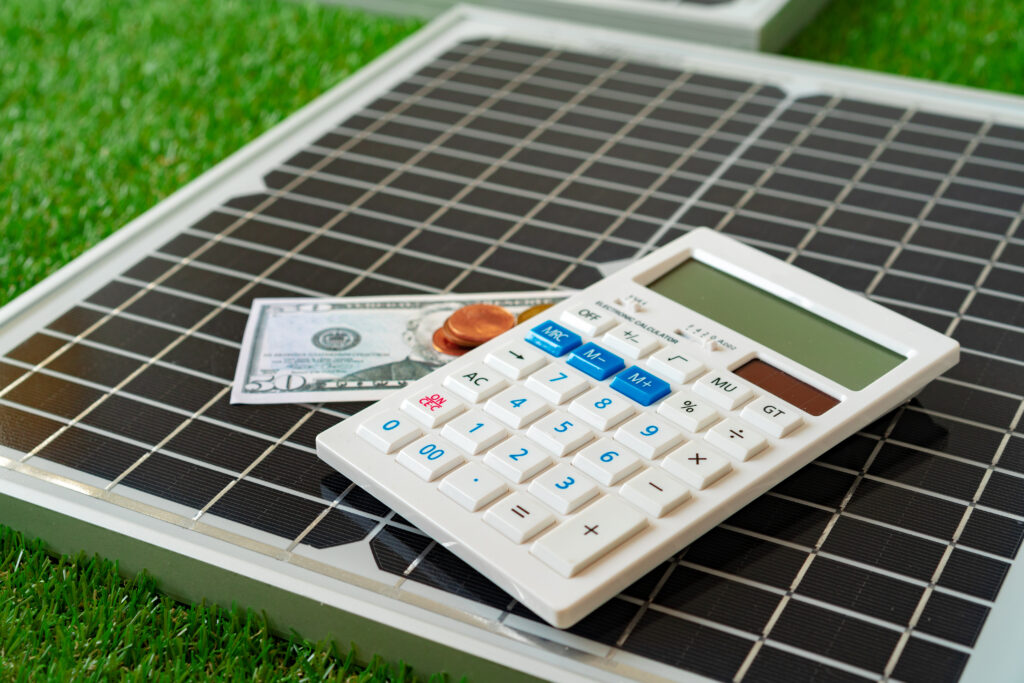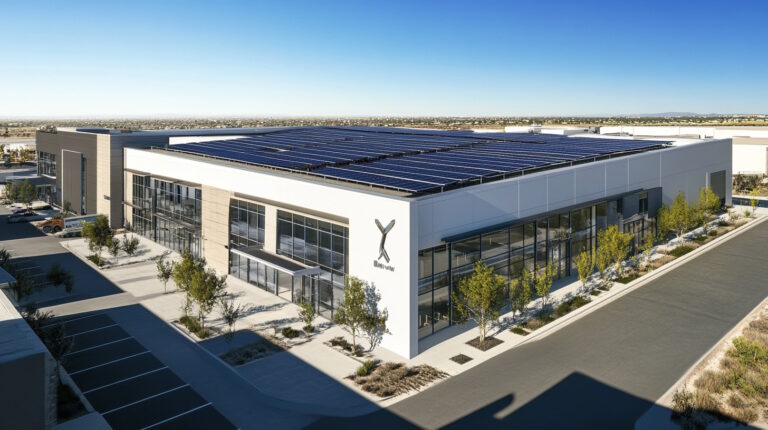Article Insights
- Learn about the most effective Commercial Solar Financing options available to businesses.
- Discover how Solar Energy Loans for Businesses and other financing strategies can make solar projects affordable.
- Uncover the financial benefits, tax incentives, and ROI of solar energy investments for commercial properties.
- Understand how Commercial Property Solar Incentives can reduce upfront costs and maximize long-term savings.
Switching to solar energy has become one of the smartest investments for commercial property owners. Beyond reducing energy bills, solar projects can significantly enhance a property’s value and reputation. But the key question is, how do you finance this investment in a way that works for your business?
In this article, we’ll explore the best Commercial Solar Financing options, uncover critical tax incentives, and provide insights on how to make solar energy a financially sound decision for your commercial property.
Why Solar Energy is a Smart Investment for Businesses
Solar energy offers more than just cost savings—it positions your property for long-term success. By switching to solar, commercial property owners can enjoy reduced operating expenses through lower energy bills, with savings lasting for decades.
Many businesses report a significant drop in their utility costs, freeing up resources to invest elsewhere.
Beyond energy savings, solar upgrades also boost property value. Buildings equipped with solar panels appeal to eco-conscious tenants and buyers, providing a competitive edge in the market.
As companies prioritize ESG (Environmental, Social, and Governance) goals, solar energy becomes a powerful way to demonstrate sustainability commitments.
Combine these benefits with government incentives and favorable financing options, and solar energy becomes an accessible, strategic investment for any commercial property.
Commercial Solar Financing: Understanding the Key Options
For many businesses, the upfront cost of solar installations can seem daunting. Fortunately, several Commercial Solar Financing options exist to make this investment manageable.
One of the most common solutions is Solar Energy Loans for Businesses. These loans allow businesses to own their solar system while spreading the costs over several years with competitive interest rates. As a bonus, businesses that finance their solar systems through loans can still claim tax credits and depreciation benefits, creating an even stronger return on investment.
Another popular choice is the Solar Power Purchase Agreement (PPA). A PPA allows businesses to install solar panels with no upfront cost. Instead, you pay only for the energy generated by the system, typically at a lower rate than your current utility costs.
The solar provider owns and maintains the system, ensuring you reap the benefits without the hassle of ownership.
Commercial solar leasing is also a viable option. Under this model, businesses lease the solar equipment for a fixed monthly fee. Leasing eliminates high initial costs while still delivering energy savings.
Though you won’t own the system, the predictable costs and immediate savings make it an appealing choice for budget-conscious businesses.
Graphic Suggestion: A comparison chart highlighting the pros and cons of Solar Loans, PPAs, and Leasing to help readers identify the best option for their needs.
Exploring Commercial Property Solar Incentives and Tax Benefits
The financial case for solar energy becomes even stronger when you factor in Commercial Property Solar Incentives and tax benefits.
At the federal level, the Investment Tax Credit (ITC) allows businesses to deduct a significant portion of their solar installation costs from their taxes. Currently set at 30%, the ITC has made solar energy far more accessible for commercial property owners.
State-level rebates and incentives provide further opportunities to save. Many states offer programs such as performance-based incentives, which reward businesses for the energy their solar systems produce. Some regions even provide cash rebates to offset installation costs.
Depreciation is another valuable benefit for businesses investing in solar energy. Through the Modified Accelerated Cost Recovery System (MACRS), businesses can depreciate their solar systems over a five-year period.
This accelerated depreciation can lead to significant tax savings, improving the overall financial outlook of a solar investment.
How to Choose the Right Commercial Solar Financing Option for Your Property
Choosing the right financing option comes down to understanding your business goals and energy needs. Start by assessing your budget and determining how much you can allocate upfront. If preserving cash flow is a priority, options like PPAs or leasing can help you transition to solar without major initial costs.
On the other hand, if long-term savings and ownership are your goals, Solar Energy Loans for Businesses provide the best pathway.
It’s also important to consider the timeline for your return on investment (ROI). Financing providers can help you calculate how quickly your energy savings will offset the cost of your solar system. For many businesses, the break-even point occurs within five to seven years, after which the system provides nearly free energy for decades.
Graphic Suggestion: An ROI graph showcasing energy savings over time, comparing loan financing and PPA options.
Case Study: A Commercial Solar Project Success Story
To understand the real-world impact of Commercial Solar Financing, consider the case of a mid-sized office building that recently transitioned to solar energy. The property manager chose a combination of a solar loan and federal tax credits to finance the system.
With an initial investment offset by the Investment Tax Credit and state rebates, the building began to see significant energy savings within the first year. Over five years, the property’s operating expenses dropped by 40%, improving cash flow and profitability.
The solar panels also increased the building’s value, attracting tenants seeking energy-efficient office spaces.
This example demonstrates how strategic financing and incentives can make solar energy a smart investment with measurable results.
Financial Opportunity
Investing in solar energy is no longer just an environmental decision—it’s a financial opportunity that commercial property owners can’t afford to overlook. With options like Commercial Solar Financing, Solar Energy Loans for Businesses, and Commercial Property Solar Incentives, businesses have the tools to make solar energy both affordable and profitable.
By leveraging financing strategies, tax incentives, and government programs, commercial property owners can reduce energy costs, boost property value, and contribute to a sustainable future.
Now is the time to explore your solar financing options and unlock the financial benefits of clean energy.
Ready to take the next step? Contact a trusted solar provider to assess your property’s potential and discover the financing option that works best for your business.








